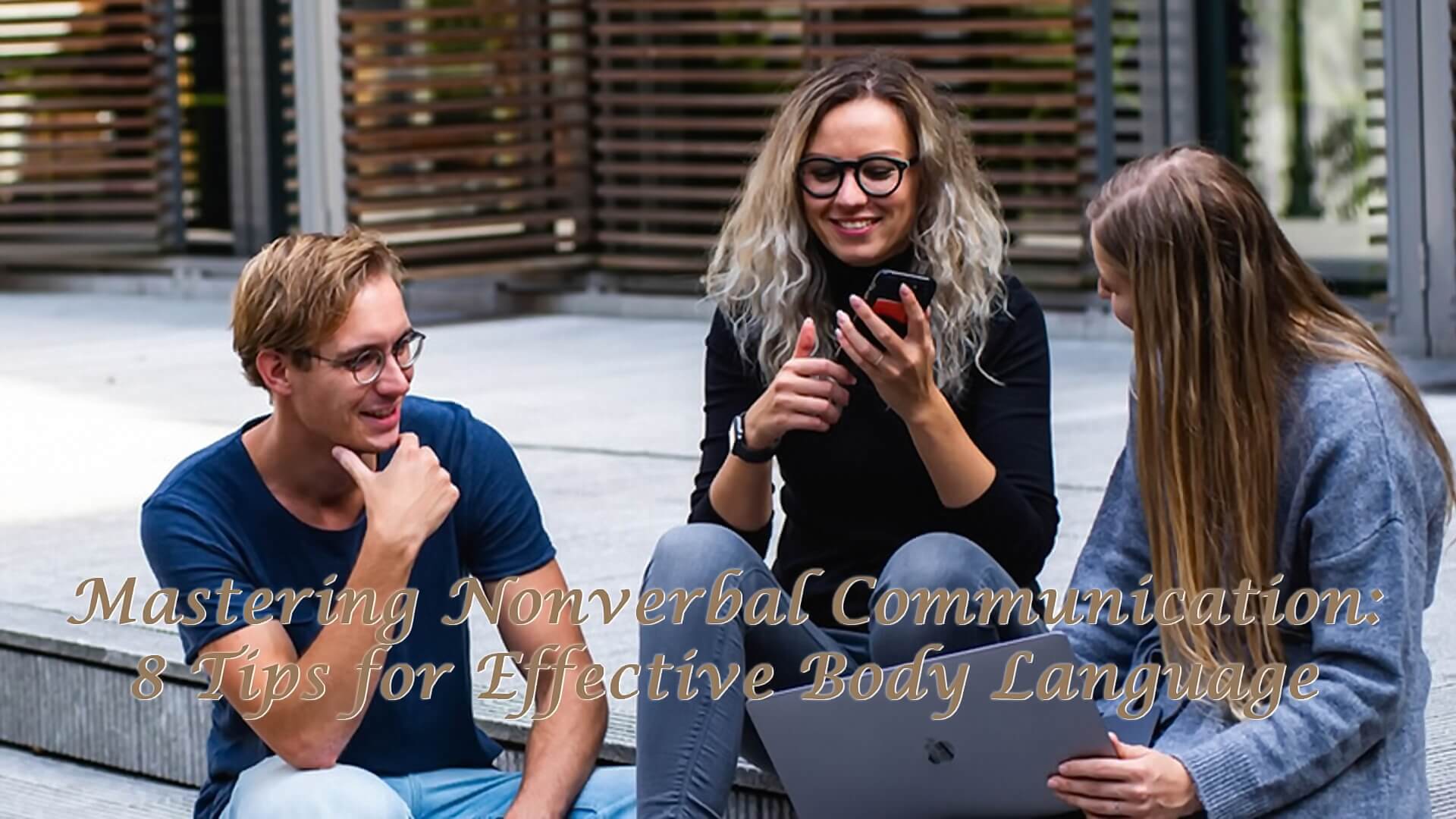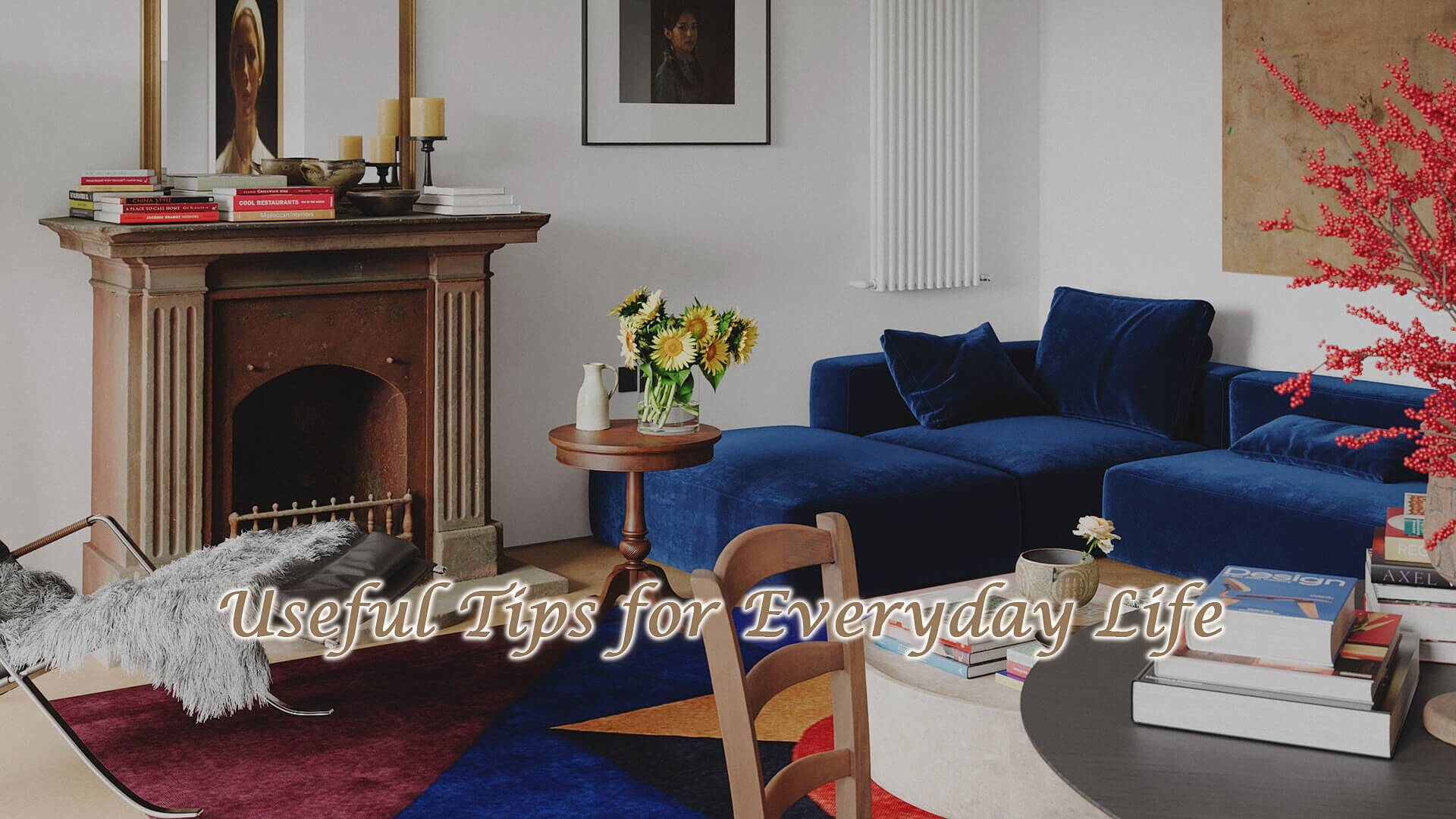In the realm of communication, words only scratch the surface. Body language, a potent form of nonverbal communication, can speak volumes and significantly impact how we are perceived by others. Mastering effective body language is a crucial skill for personal and professional success. In this comprehensive guide, we will explore eight tips to enhance your body language and improve your overall communication skills.
1. Maintain Eye Contact:
The eyes are often referred to as the windows to the soul, and maintaining eye contact is a fundamental aspect of effective body language. It conveys confidence, sincerity, and engagement. When engaging in conversation, make direct eye contact, but be mindful not to stare excessively, as this can be perceived as intimidating. Striking the right balance will help you establish a connection and foster trust with others.
2. Use Open and Inviting Gestures:
Your gestures can speak louder than words. Open and inviting gestures, such as keeping your arms uncrossed and using open hand movements, create an atmosphere of approachability. Crossed arms, on the other hand, can signal defensiveness or resistance. By consciously adopting open gestures, you project warmth and receptivity, making it easier for others to connect with you.
3. Mind Your Posture:
Posture is a silent language that conveys a wealth of information about your confidence and self-assurance. Stand or sit up straight with your shoulders back to exude confidence and authority. Slouching or hunching can give the impression of insecurity or disinterest. A strong, upright posture not only enhances your physical presence but also boosts your mental state, contributing to a positive self-image.
4. Mirror and Match:
Mirroring and matching involve subtly mimicking the body language of the person you’re interacting with. This technique helps build rapport and establishes a sense of connection. Pay attention to the other person’s gestures, posture, and even their pace of speech. Aligning your nonverbal cues with theirs creates a subconscious bond, fostering a more harmonious and cooperative interaction.
5. Be Mindful of Facial Expressions:
Facial expressions are powerful indicators of emotions and intentions. A genuine smile can convey warmth and friendliness, while a furrowed brow might signal confusion or concern. Practice emotional intelligence by being aware of your own facial expressions and interpreting those of others. Strive to maintain a positive and authentic demeanor to create a more pleasant and engaging atmosphere.
6. Control Nervous Habits:
Nervous habits, such as tapping your foot, fidgeting with your hands, or playing with your hair, can detract from your overall body language. These behaviors can be distracting and convey anxiety or discomfort. Identify your nervous habits and work on controlling them. Practicing mindfulness techniques or engaging in relaxation exercises can help you project a more composed and confident image.

7. Pay Attention to Spatial Awareness:
Understanding personal space and respecting the boundaries of others is crucial for effective body language. Invading someone’s personal space can be perceived as intrusive, while standing too far away may create a sense of detachment. Strive to maintain an appropriate distance based on cultural norms and individual comfort levels. Being mindful of spatial awareness enhances your ability to connect with others in a respectful manner.
8. Adapt to Cultural Differences:
Body language is not universally interpreted in the same way across cultures. What may be considered appropriate in one culture could be perceived differently in another. Take the time to familiarize yourself with the cultural norms and expectations of those you interact with. This cultural sensitivity will enable you to navigate diverse social and professional settings with greater ease and effectiveness.
And so:
Mastering the art of effective body language is a transformative skill that can elevate your communication and interpersonal relationships. By incorporating these eight tips into your daily interactions, you’ll enhance your ability to convey confidence, build rapport, and foster positive connections with others. Remember, your body language is a powerful tool that can complement and reinforce your verbal communication, allowing you to make a lasting impression in both personal and professional spheres.



